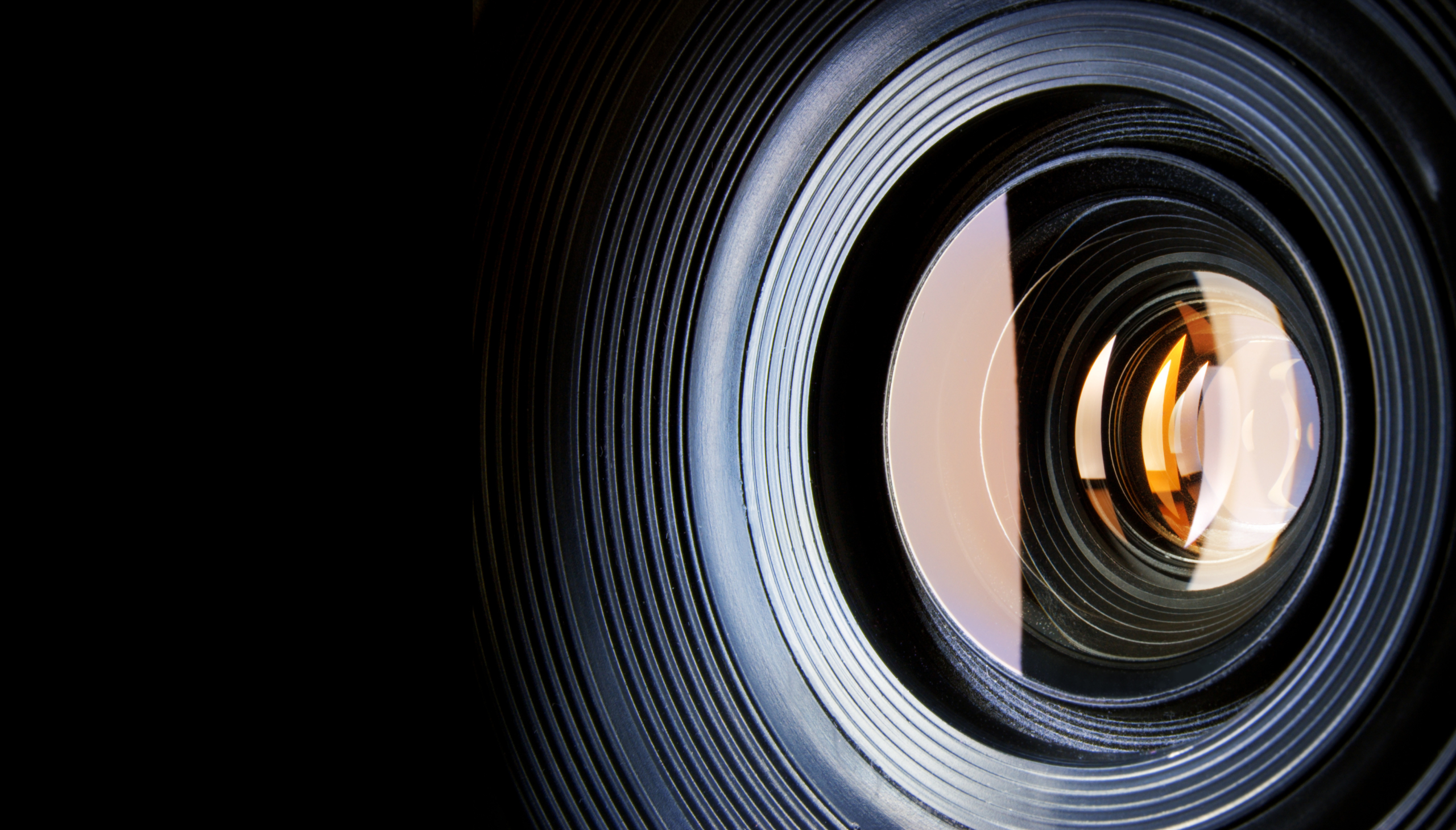Sign up for The Media Today, CJR’s daily newsletter.
The World Press Photo Foundation disinvited an award-winning photographer from its annual awards ceremony Thursday following allegations of “inappropriate behavior,” according to the foundation. This is the first time in the organization’s six-decade-long history that it has done so.
Andrew Quilty’s photographs of the aftermath of a bombing in Kabul, some of which ran in The New York Times, won third place in the Spot News, Stories category. But the photojournalist was not in Amsterdam for the ceremony. After the foundation received reports of inappropriate behavior by Quilty, organizers told the photojournalist he was not welcome at the event, according to Lars Boering, managing director of the World Press Photo Foundation. The awards are the most prestigious in photojournalism, and the ceremony in Amsterdam and subsequent photo festival is a gathering of top industry figures. The foundation has not made public the number or nature of the accusations.
ICYMI: Photojournalism’s moment of reckoning
“The World Press Photo Foundation believes visual journalism needs its community to be united against discrimination and harassment,” Boering said in a statement released in response to questions from CJR about Quilty and the awards. “Our protocol is that when we learn from reliable sources that someone associated with us has allegedly engaged in inappropriate behavior we take action. Because of our protocol, we called him on 2 April to say he was not welcome at our Awards Show and Festival. We canceled his invitation to the Awards Show, the Festival, and his flight and accommodation.”
But Boering said the foundation would not revoke Quilty’s award. “On the basis of the contest entry rules we do not currently have the grounds to do so. He received an award after the jury judged all entries anonymously, and the jury was not aware of his identity or his alleged misconduct when making the award. We will be reviewing our rules for the 2020 contest.”
In a statement emailed by his lawyer, Quilty said World Press Photo had not shared with him the details of the reports it had received. “No allegations of inappropriate behavior have been made known to me. As a supporter of my female colleagues and the #MeToo movement, I would frankly and openly address any concerns about my conduct, if raised,” said the statement.
Quilty, a freelancer represented by photo agency VU, is known for his work in Afghanistan, where he is based. His photographs have been published in The Washington Post, The New York Times, National Geographic, and Time. He won a 2015 George Polk Award for his photographs of the aftermath of a US airstrike on a Doctors Without Borders hospital in Kunduz, Afghanistan. VU did not respond to a request for comment. Spokespeople from National Geographic and The New York Times say he has no current assignments with their publications. A Time spokesperson said “Since learning of the allegations, TIME has not worked with Andrew Quilty and has no future commitments to work with him at this time.” And a spokesperson for National Geographic said the magazine is not currently working with Quilty and has no plans to in the future. The Washington Post did not respond to a request for comment.
The contest has faced controversy in the past over accusations that winners staged or altered photographs. In 2015, in response, World Press Photo established a code of ethics, in which entrants pledge not to stage, manipulate, or alter their photographs, while taking them or in post-processing. The code of ethics and entry rules make no mention of misconduct not directly related to the making or editing of the photographs entered in the contest.
ICYMI: WaPo‘s tagline is “Democracy Dies in Darkness.” The paper published an op-ed that undermines that.
Has America ever needed a media defender more than now? Help us by joining CJR today.



